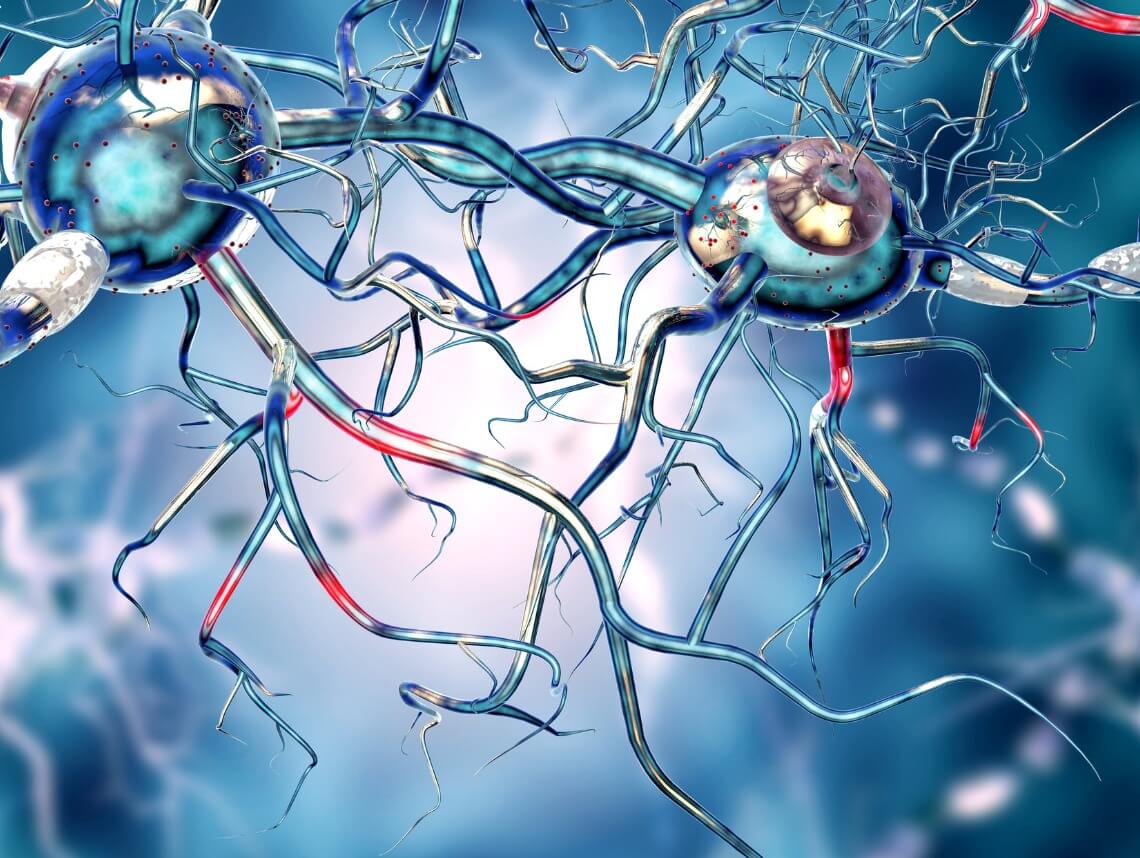
Many people have a perception of what they think dementia should “look” like or how it should manifest. They have clear ideas of what the condition is and how it can be managed, however, these are not always accurate.
The reality is the term “dementia” doesn’t apply to one disease or condition, but rather is a blanket term applied to a wide variety of conditions.
Each of these has its own set of symptoms, and as a family caregiver, it’s essential for your parent that you understand these symptoms, the effects they can have on your parent, and how you can give them the proper care.
One condition that can be categorized as dementia is Huntington’s disease.
Huntington’s Disease Definition
Huntington’s disease is a fatal disease characterized by the progressive breakdown of nerve cells in the brain. It is also known as Huntington’s chorea or abbreviated as HD.
When do symptoms of Huntington’s disease appear?
The symptoms of Huntington’s disease generally appear between the ages of 30 and 50, but can appear later.
Is Huntington’s disease fatal?
A sufferer of Huntington’s disease will not die of the disease itself, but rather complications developed due to their weakened state, such as heart failure or pneumonia.
Huntington’s Disease Facts
Some things you should know about Huntington’s disease include:
- There are approximately 30,000 people throughout the United States who are currently symptomatic of Huntington’s disease.
- There are approximately 200,000 people throughout the United States who are currently at risk of developing the disease.
- The disease progresses over the course of approximately 10 to 25 years.
- Every person who inherits the gene for the disease will develop the disease eventually.
- Only those who have the gene will develop the disease and will have the potential of passing that gene on to their children.
Huntington’s Disease Symptoms
Huntington’s disease typically causes movement, cognitive, and psychiatric disorders with a wide spectrum of signs and symptoms.
Movement Disorders
Movement disorders may include:
- Involuntary jerking
- Rigid muscles or contracture
- Slow or abnormal eye movements
- Impaired gait, posture, and balance
- Physical difficulty with speaking or swallowing
Cognitive Disorders
Cognitive impairments may include:
- Difficulty organizing, prioritizing, or focusing on tasks
- Tendency to get stuck on a thought, behavior, or action
- Lack of impulse control leading to outbursts and sexual promiscuity
- Diminished awareness of one’s own behaviors and abilities
- Difficulty in processing thoughts or finding the right word
- Difficulty in learning new information
Psychiatric Disorders
Psychiatric symptoms may include:
- Depression
- Feelings of irritability, sadness, or apathy
- Social withdrawal
- Insomnia
- Fatigue and loss of energy
- Frequent thoughts of death, dying, or suicide
Huntington’s Disease Causes
Huntington’s Disease is a genetic disorder, meaning it’s caused by problems at the genetic level. Any child born to a parent with the defective gene that causes Huntington’s disease has a 50 percent chance of inheriting the defective gene and therefore developing the disease.
Home Care for Huntington’s Disease
If your aging parent has been suffering from dementia, now may be the ideal time for you to consider starting elder care for them.
An elder home care services provider can be with your aging parent on a completely customized schedule to ensure they get the level of care, support, and assistance they need, when they need it, to manage their symptoms and focus on staying safe, healthy, comfortable, and active.
Through these highly personalized services, the care provider can encourage your elder loved one to maintain as much independence as possible while handling their symptoms in the way that is right for them.
This supports a more fulfilling quality of life throughout their later years. As a family caregiver this can help you feel more confident that even when your elder is dealing with challenging symptoms and you are not able to be with them, they will get everything they need to live the lifestyle they desire while still managing their disease properly and effectively.
Contact Care Options for Kids for Huntington’s Disease Home Health Care
If you or an aging loved one is experiencing dementia due to Huntington’s disease, you may be considering home care services. At Care Options for Kids, we’re passionate about home care services that bring love, light, and laughter into the homes and communities we serve.
If you or an aging loved one are considering home care services, contact the caring staff at Care Options for Kids. Call today (888) 592-5855.
Sources
https://hdsa.org/
https://www.mayoclinic.org/diseases-conditions/huntingtons-disease/symptoms-causes/syc-20356117
